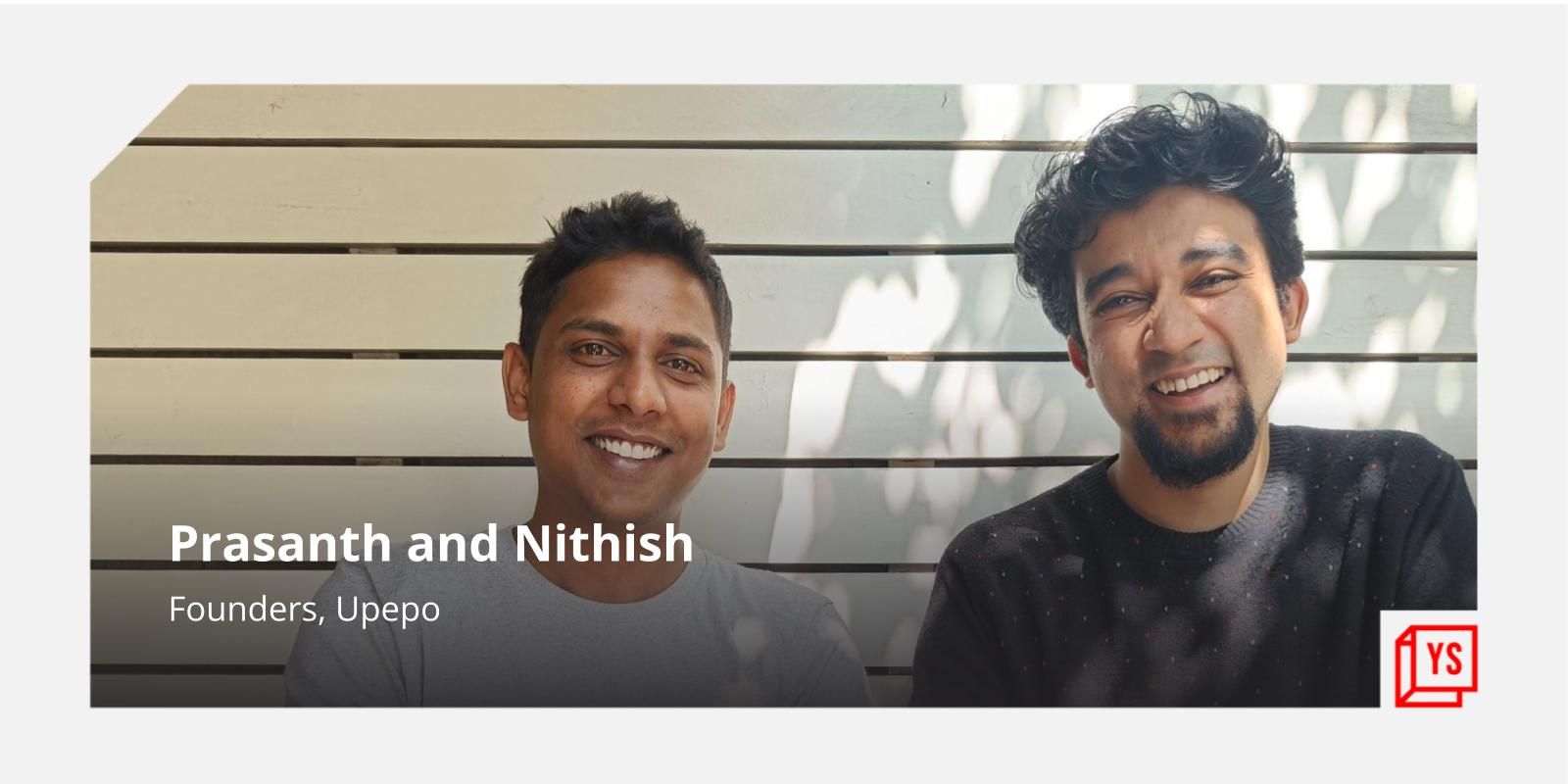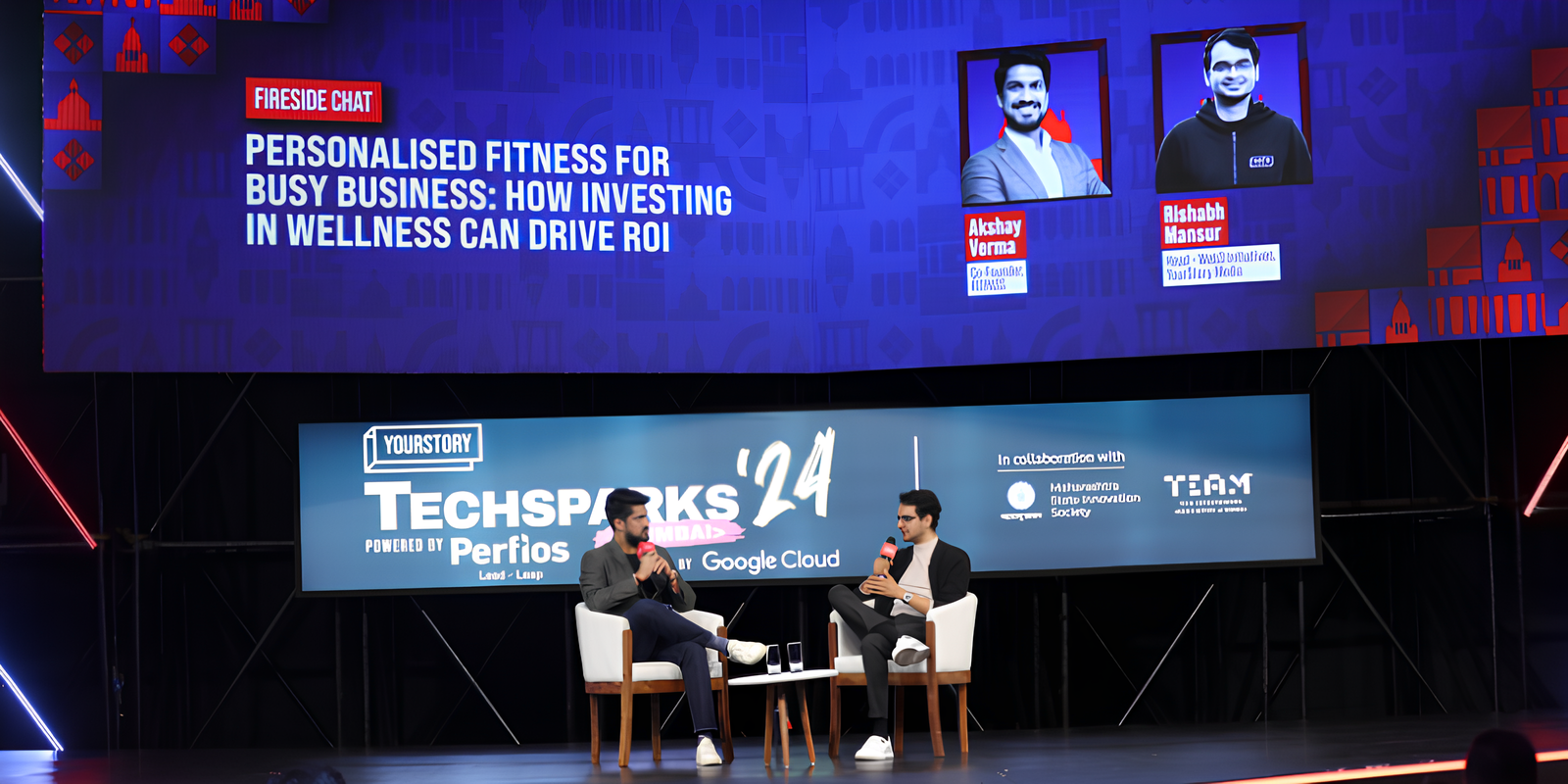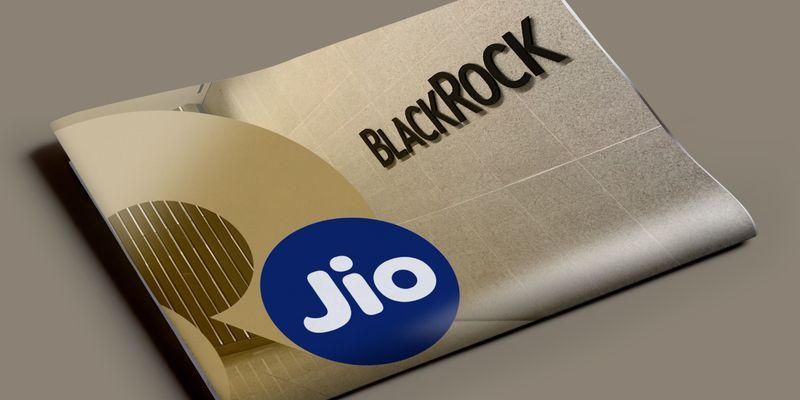How an educationist from Harvard and a serial entrepreneur decided to bootstrap a gamified edtech startup
Bengaluru-based Upepo is a social, gamified, learning platform for children aged 5 to 12 years. Its co-founder Prashanth Nori believes students need to spend their time tinkering with creative projects.
In 2020, Prasanth Nori had just graduated from the Harvard Graduate School of Education when he had a chance to be a part of the Playful Journey Lab set up by the Massachusetts Institute of Technology (MIT), within their Office of Open Learning, which explores new frontiers in assessment and learning.
“As part of this lab, we did a research project with children to try and understand the most effective way for students to pick up a creative, makers mindset. During this time, I noticed that kids loved building, creating, and tinkering with the world,” explains Prasanth. He saw that when they did this, they had a much deeper understanding of the world around them and the role they play in that world.
Sensing there is a potential business idea here, Prasanth looped in his friend Nithish Meti, a serial entrepreneur, with a mission to bring to table the best learning experiences out there for children around the world. The duo started Upepo in February 2021, based out of Bengaluru.

The Upepo app
What does it do?
is a social, gamified, learning platform for children aged 5 to 12 years. The vision is to build a global community where children are encouraged to build, create, and tinker with the world around them, fostering a new generation of problem solvers and innovators.
“We currently do this through hands-on projects, exciting challenges, and a safe kid community. Further, our platform is moderated and governed by strict guidelines to ensure safety and anonymity for students to learn how to be great digital citizens. Our content is built by some of the best educators from Harvard, Stanford, MIT, World Bank and more,” reveals Prasanth.
Citing an example, he explains how a child who learns how to fix a speaker may get really excited about sound and audio equipment and this may spark an exciting future in sound engineering! Sometimes, what starts as a tiny spark when kids are building things may end up as fulfilling hobbies that keep them creatively engaged their entire lives. The possibilities are endless, Prashant says.
Challenges
As someone who has spent considerable amount of time teaching, Prasanth feels there’s a huge gap between what students are exposed to in their early years and the skills that are needed to set them up for lifelong success.
“We call this the learning-to-life gap. Some of the current outcomes due to this gap are that students are passive consumers, they can’t collaborate effectively and are used to engaging with very diluted versions of reality. They don’t engage with the real world,” he says, indicating this is where platforms like Upepo help.
Also, when the Upepo team entered the market, it seemed like there were already hundreds of edtech companies around. “So, differentiating our offering was our primary challenge. Doing more research and speaking with hundreds of parents shows that there are still lots of gaps to be addressed and a lot of room for innovation,” Prashant says.
“We are currently bootstrapped and trying to build a platform-first approach where we go beyond classes to building a vertically integrated social learning platform for kids. In India, the market is still growing so it takes time for people (parents, educators, investors) to understand the massive potential of a platform play vs a traditional pay-per-class model,’ opines Prasanth.
What the platform does is encourage students to spend their time tinkering with lots of creative projects.
During the second wave especially, the team ran free creative exploration classes for students whose parents or caregivers were exposed to the coronavirus, or were dealing with hospital duties. Parents could simply download the Upepo app from the App Store or Play Store, and sign their kids up with an anonymous username and avatar. Kids could choose from hundreds of projects, challenges and topics they love, and work on the projects and share what they were building. Upepo’s moderation system would approve the content, based on their guidelines, and students stood a chance to use the points to unlock exciting rewards!
In the near future, the platform plans to introduce some fun live-online sessions for students to keep them engaged and ready for the future.

Market and future
Today, two years after the pandemic forced the educational landscape around the world to change, several reports suggest the future of education is a hybrid of online and offline learning. The market size for primary and secondary extracurricular learning is estimated to be $10 billion in India alone, and around $200 billion globally.
There are startups like Kyt and Kidex in the space. Speaking of what sets Upepo apart, Prashanth says, “We are one of the few edtech companies built by teachers. Nithish and I have taught students of all ages and worked closely with kids for many years. We’re not in this as a passing trend of starting education companies. What distinguishes us is our love for students and as a result, our platform is co-created with parents and kids.”
He adds they also have teachers and content-creators who are top one percent in their field from some of the most prestigious names in the world.
“Most competitors are taking very traditional approaches into Zoom. We are building truly kid-centered tech that is built from the ground up. We are building a membership-based model and zeroing in on our pricing model. We are pre-revenue. We have run pilots of our platform with 500+ students and have ~5000 students from across the globe on our waitlist. In our pilots, we have seen best-in-class engagement metrics and entirely organic word of mouth referrals with zero marketing spend. We also have exciting partnerships in the works with teachers, leading school chains and distributors,” concludes Prashanth.
Edited by Anju Narayanan













